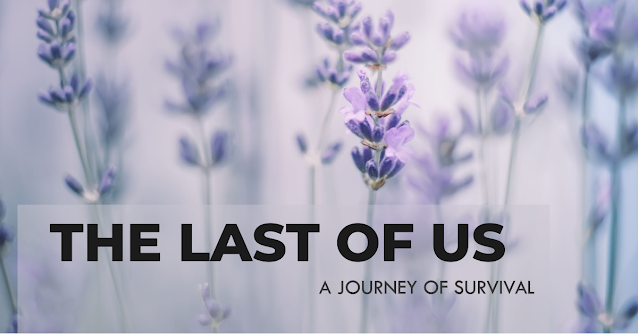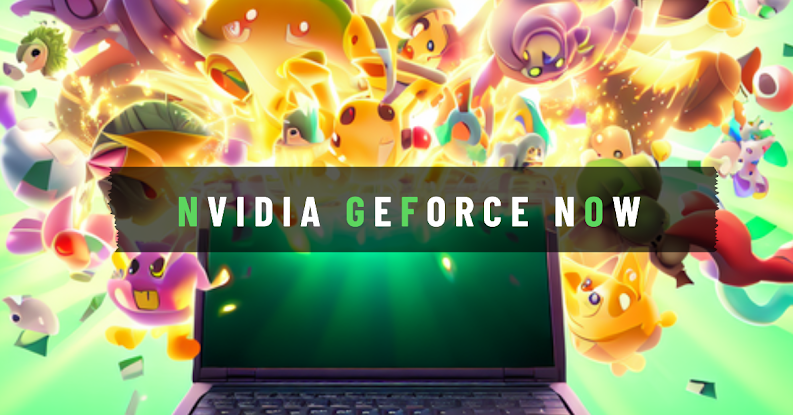The Heartwarming Queer Love Story Of 'The Last of Us'
In the video game "The Last of Us," Frank is depicted as a dead, decaying body hanging from the ceiling of an abandoned house. Bill, a gruff doomsday prepper, discovers Frank's body and cuts it down before moving on. In the 2013 video game, Frank and Bill were former "partners" who couldn't survive the apocalypse together. Players of the game could find a note Frank left for Bill, stating that he hated Bill's guts.
However, in the television adaptation of the game by HBO, Frank and Bill's relationship becomes the focus of the series' third episode, with their apocalyptic love story depicted uniquely in video game adaptations and dystopian novels. Their ending is one built on terms Bill and Frank set for themselves. The episode "Long, Long Time" marks the most significant deviation in a series that has otherwise stuck closely to its source material.Nick Offerman and Murray Bartlett play Bill and Frank, respectively, and their years-long relationship unfolds in an hour. Frank, a survivor from Baltimore, falls into a hole Bill dug to trap raiders and infected who stumble near his rural Massachusetts home. When Bill realizes Frank isn't sick, he must quickly acclimate to the idea of helping another person after years of isolation. They share a meal prepared by Bill, and eventually, Bill lets his guard down. Their first kiss, transferred after both men take turns playing Linda Ronstadt's "Long, Long Time" on Bill's antique piano, is less enthusiastic than it is revelatory – it's an exhale after years of holding their breath. Frank never leaves after his chance to meet with Bill. Here are two people who, in a world uncorrupted by brain-gnawing fungus, would likely have never met, let alone embark on an almost 20-year relationship, and they're facing the end times together.
Most of the time, audiences spend with Bill, and Frank is delightfully un-dystopian. They jog together and are nearly brought to tears by the taste of strawberries that Frank planted by surprise. They squabble about trivial things – beautifying some abandoned storefronts, for one. We see Joel and Tess lunch with Bill and Frank; Frank is elated to have company for the first time in years while Bill keeps his handgun on the table.
The episode, which aired in early 2023, has been well-received, with many calling it one of the best TV episodes of the year. Nic Sam, a writer for the lesbian pop culture site Autostraddle, said, "I couldn't have imagined a more beautiful deviation from the canon game content. Replaying the game along with watching the show, and after watching this episode, I know I will connect even more to Bill emotionally than I did on previous playthroughs."
Valerie Anne, who streams on Twitch as PunkyStarshine and recaps the series for Autostraddle with Nic Sam, thought the new additions to Bill and Frank's story were a definite improvement over the game. She told CNN that, while playing the game for the first time, her "gaydar pinged" when Bill mentioned his "partner," but by the time she read Frank's suicide note, she wondered if she'd misunderstood – the pair were just business partners and nothing more, she thought.
The episode had its critics, too. Some found the episode trope-heavy or insincere. Writer and filmmaker Juan Barquin said the sudden veer into a straightforward romance in an otherwise bleak series "feels fundamentally opposed to the world (co-creator Neil) Druckmann has created." However, despite these criticisms, the response among first-time viewers and devoted fans of the game has been positive
The episode had its critics, too. Some found the sudden deviation into a straightforward romance in an otherwise bleak series "fundamentally opposed to the world (co-creator Neil) Druckmann has created." In their review, writer and filmmaker Juan Barquin noted that the episode was less of a valuable narrative diversion than "an explicit attempt to court praise." Riley MacLeod of the Washington Post criticized the attack, saying that Bill and Frank still "fall into well-worn gay death tropes" and are the "only two queer people in the world."
Despite the criticisms, the response to Bill and Frank's love story has been positive. The episode marks a promising start for the queer love stories to come in the series. The creators have taken care in telling these stories, and their commitment to portraying LGBTQ characters nuanced and meaningfully is evident in this episode.
Overall, "The Last of Us" episode "Long, Long Time" is a moving and bittersweet exploration of love and survival in the apocalypse. It is a unique and refreshing addition to the dystopian genre, and the series is stronger for it. By rewriting Bill and Frank's partnership, the show has created a powerful representation of queer love that stands on its own, paving the way for even more meaningful LGBTQ representation in the series.




Comments
Post a Comment
Connect with House Anomaly, we are always open to collaboration or critiques on how we can do better.